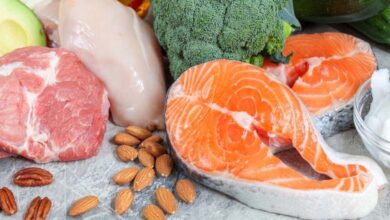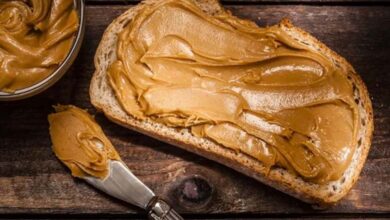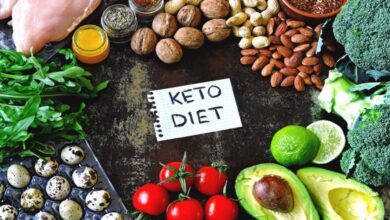Vitamin C is magic! How It Heals a Variety of Health Problems

Its other name: ascorbic acid. It is an antioxidant molecule that our body does not know how to manufacture. It absolutely needs it to function and so we have to provide it. This is Linus Paulin, double Nobel Prize winner, founder of modern chemistry and pioneer in nutrition, qualified by the British scientific journal New Scientist as one of the twenty greatest scientists of all time, along with Newton, Darwin and Einstein who opened the therapeutic track of vitamin C. Since then, studies have continued to confirm his words.
She heals your heart
Most cardiovascular diseases begin with a lesion of the vascular walls. Vitamin C is essential for the synthesis of collagen and elastin, which make the vessels strong and elastic. If you lack it, you make little and/or poor quality collagen. The resulting loss of elasticity increases the risk of heart attack, stroke and sudden death even without the presence of atheroma. Antioxidant, it also lowers the level of reactive oxygen species
(ROS) in the arterial walls and to increase the nitric oxide/superoxide ratio, favorable to the elasticity of the vessels. Moreover, a meta-analysis in connection with randomized controlled clinical trialss, confirms that taking antioxidant vitamins is associated with significant reductions in measures of artery stiffness.
Vitamin C supplementation would help fight against high blood pressure, also at work in cardiovascular pathologies. Researchers who studied all the intervention studies interested in this link, made with an average dose of vitamin C of 500 mg per day for two months, confirmed it. It lowers systolic blood pressure and diastolic blood pressure significantly, especially in those with high blood pressure.
Vitamin C, the Microbiome, and Epigenetics
As the research into, and the battles over, vitamin C escalated in the decades after Sznet-Gyorgyi’s discovery, information began to emerge from a most unlikely quarter: the discovery of the microbiome. In 2012, the finding was published that lactic acid bacteria, in conjunction with gut bacteria, actually do synthesize and then supply vitamins to our bodies. Specifically, a microbe called Corynebacterium glucoronolyticom contains the L-ascorbate biosynthesis pathway that was thought to be completely lost to humans. It actually does cause the body to produce its own vitamin C – just not enough of it when you are seriously ill and not enough for the sailors of yore. To benefit from this we can ingest so-called spore-biotics which provide powerful immune modulation. The supplement industry has just begun to catch up with this.
Meanwhile, sophisticated science research by Young, Wagner, and Wang published last year revealed how vitamin C behaves. This research was financed by the U.S. National Institutes of Health. Far more than being just a demonstrably helpful supplement, vitamin C is the “mediator of the interface between the genome and the environment.” Vitamin C actually “regulates the epigenomic process”; this means that the effects of all external influences (quality and quantity of food, bacteria, viruses, environmental toxins, stress hormones such as cortisol) are modulated by the vitamin C inside our cells, as is the entire immune and repair response. Epigenetic processes are all those biological events that cause genes to be switched on or off without changing the genes themselves. Thus, vitamin C is the magic that makes everything happen; it is the CEO of the DNA. When it is insufficient nothing works. The DNA cannot function without vitamin C. What matters most is how much vitamin C is inside the cell, which can be hundreds of times higher than the vitamin C present in the extracellular environment. Not surprisingly, these researchers observed, in the ultimate understatement: “These unexpected findings … call for a re-evaluation of the role of ascorbate in human health and disease.”
The research by Young and colleagues described how vitamin C (or a lack of it) is involved in cancer, birth defects, problems with physical and mental development, premature aging, chronic diseases, brain dysfunction and much more – essentially because vitamin C makes T-cells which cannot begin to develop unless “taught” by vitamin C to become our defence system. In other words, when vitamin C is present, we have an immune system. Just one week without dietary supplementation with vitamin C can reduce our immune system to a state of weakness and vulnerability. These researchers are, therefore, understandably bothered by research methods generally used because the single most critical regulatory substance is routinely overlooked in cell-based research. They stress that “this novel epigenetic function of ascorbate needs to become known to the general public.” I am doing my best by advising you to go download those articles! Vitamin C status ought to become the Sixth Vital Sign in clinical assessment.












